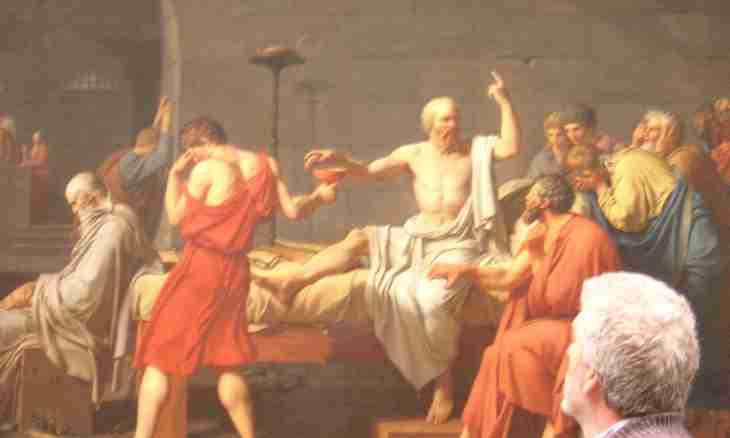One and all philosophers were concerned by an eternal question of primacy of spirit and matter. The philosophical science allocates two directions of studying this problem: materialism where matter prevails before consciousness and idealism at which the spirit is primary, and matter is secondary. The scientist from Germany Ludwig Feuerbach who is considered the last representative of classical German philosophy did not become an exception in the solution of her main question.
Formation of views
Ludwig was born in 1804 in family of the expert in criminal law. In youth he studied divinity, then was trained at the university. During this period the young man got acquainted with Hegel's doctrine, listened to his lectures in Berlin. The famous scientist presented all sides of the world - natural, historical and spiritual in continuous development and also proved fundamentals of dialectics. At first Feuerbach was a follower of hegelianism, but later created own concept which received the name of anthropological materialism. Its doctrine studied not thoughts of reality, but reality.
Feuerbach's doctrine
"The new philosophy" overcame theology and abstract Hegelian idealism. Ludwig called the nature "basis" on which "people grew up", and existing regardless of philosophical science. The scientist put the person in the center of philosophy. He considered matter as a source of a corporal and spiritual component of the person. It reflected development of own scientific ideas in words: "God was my first thought, reason – the second, the person – the third and the last".
Resolving the main issue of philosophy from the materialistic point of view, Feuerbach was firmly convinced that the world is learned. The novelty of his views was that it called human sense organs the bodies of philosophy which are carrying out knowledge of things. Besides, he considered that the anthropology and natural sciences prove indissoluble communication between processes of physiology and thinking. The person was for him "true God", the human race he called the highest manifestation of the nature. Many-sided human feelings and love to each other were considered by it as "the law of reason". He considered a human thought a product of a brain and did not see in it anything material. Though the essence of the doctrine had quite material character, he refused to give it such name. More often the scientist called it "real humanity".
Defining the person as "a nature product" which in turn surrounded itself(himself) with art and religion, the scientist emphasized the invariance and eternity of material. The anthropological materialism defined people in the center of methodological search and allocated three basic concepts: nature, society, person.
Role of the scientist
The philosophy which was formed on general love was utopian. Opposing all idealistic, he partially remained at these positions. Saying about Ludwig Feuerbach's doctrine, one may say, that it was the link connecting classical German philosophers to new scientific generation which representatives were Friedrich Engels and Karl Marx. Founders of Marxism highly appreciated Feuerbach's merits and considered him the predecessor.

